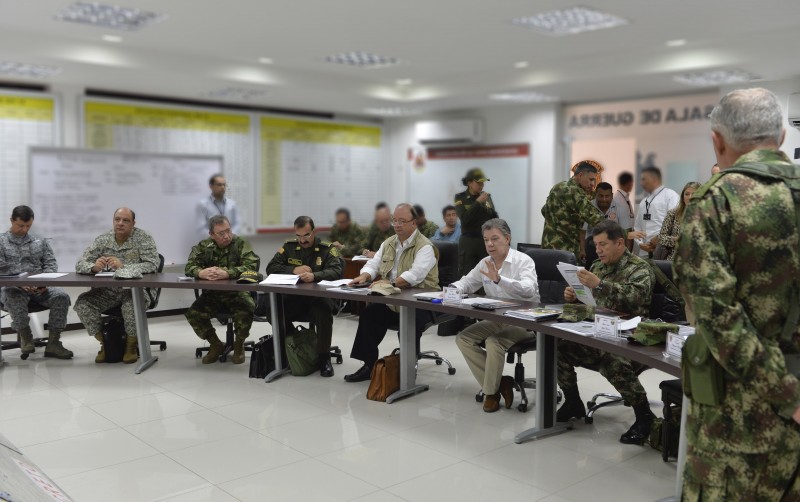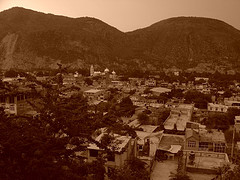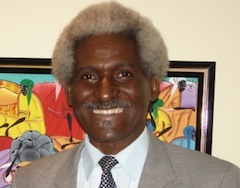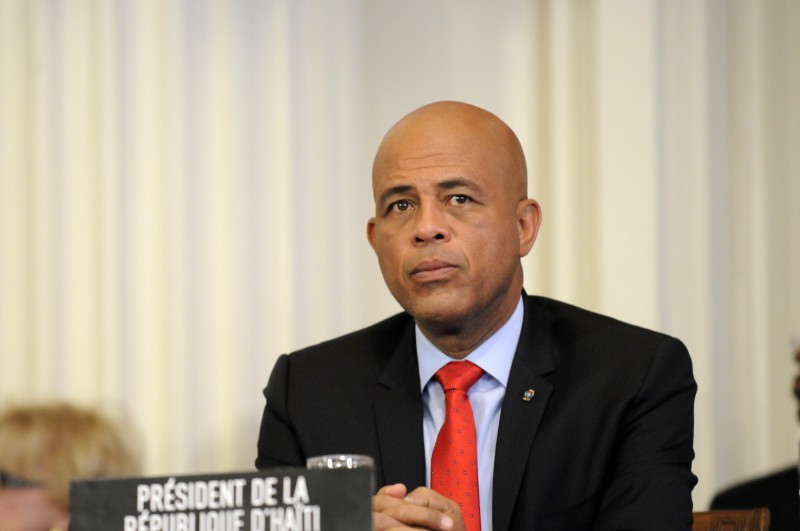
Andes, Colombia, Latin America: Week in Review
While FARC Rebels Balk at Referendum Plan, Colombia Increases Attack on ELN
February 9, 2016 By Staff
Top Story — Colombian President Juan Manuel Santos gave the military orders to increase its operations against the second largest guerilla group in the country, the ELN, in response to an alleged attack by the rebels on a military brigade on Monday. Meanwhile, Iván Márquez, the chief FARC negotiator at peace talks in Havana, read an open letter to the government rejecting congressional intentions to bring the prospective peace deal to a referendum.
The developments comes less than a week after U.S. President Barack Obama celebrated with Santos the 15-year anniversary of Plan Colombia — the controversial military and diplomatic aid package given to Colombia to help the country combat FARC rebels. During the festivities, Obama announced his request for $450 million in new aid to continue Plan Colombia under the new title Peace Colombia.
Increased military operations against the ELN is just the latest development in the gradual breakdown of exploratory peace talks that began over two years ago. Last Tuesday, the government negotiator Frank Pearl
issued a warning to the group that, “Time is running out for the ELN to form part of a political solution to the armed conflict in Colombia.” The rebel group says that it has been ready to engage in dialogue since April, but Santos said that his government
will not consider opening talks until they release two hostages.
The Santos government has been engaging in promising peace negotiations with FARC rebels in Havana since 2012, yet in the letter, the rebel group’s negotiators made it clear that they expect all parties to be involved in the process of deciding how a prospective deal would go into effect. FARC leaders have also expressed willingness on the part of the ELN to begin negotiations. Márquez insisted on the importance of including them in talks, saying, “The ELN cannot stay outside the peace process.”
Headlines from the Western Hemisphere
North America
- There were several cabinet changes in Mexico on Monday, with economist José Antonio González Anaya sworn in as the head of state oil company Pemex, which is embarking on an overhaul in light of plummeting global oil prices. A new social security chief and health secretary were appointed as well.
- Obama is going to request over $1.8 billion dollars in emergency funds from Congress in order to fight the spread of the Zika virus and research a vaccine, though the president assured the public that there “shouldn’t be panic on this.”
- Crime reporter Anabel Flores Salazar was kidnapped from her home in southern Mexico by armed assailants early Monday and is still missing, authorities said, the latest case in a disturbing trend of journalist killings and disappearances in the region.
- Former Mexican President Felipe Calderón ridiculed U.S. presidential candidate Donald Trump’s proposed plan to build a wall along the U.S.-Mexico border, saying in an interview with CNBC that Mexico would not “pay any single cent for such a stupid wall,” adding that the wall would be a failure and that Trump is “not a very well-informed man.”
Caribbean
- Star brothers from Cuba’s national baseball team, Yulieski Gurriel and Lourdes Gurriel, abandoned their teammates while on tour in the Dominican Republic, in what is assumed to be a move to defect and join Major League Baseball in the United States, adding them to a record-long list of 150 baseball defectors from Cuba in 2015.
- Tattoo parlors are once again thriving in Cuba, according to Fox News Latino, after decades of operating in the secret of the black market as the revolution equated tattoos with capitalism and immorality.
- The U.S. House Committee on Natural Resources is set to hold a hearing on Feb. 25 regarding the U.S. Treasury’s analysis of Puerto Rico’s economic situation, another step in coming up with a solution for the debt-riddled territory.
Central America
- The New York Times traveled with 10 Central American migrants for two-days on their dangerous journey to Mexico amid crackdowns from authorities, providing a unique look into the experience of a record number of migrants fleeing a surge of gang violence in their home countries. The article was also released in Spanish as part of the unveiling yesterday of The New York Times en Español, which Nieman Journalism Lab says “is one of the latest steps in a larger effort from the paper to grow its international audience.”
- Despite financial turmoil in China generating speculation that the funding for Nicaragua’s proposed $50 billion dollar canal project will fall through, the head of Nicaragua’s Canal Authority remains confident construction will continue as planned and is unperturbed by the stock market, according to Bloomberg.
Andes
- A Peruvian man who tried to illegally cross into Chile died after stepping on a land mine, one of the many leftover weapons from Chilean dictator Gen. Augusto Pinochet’s rule in the 1970s.
- Angela Villón, a Peruvian sex worker and activist, is running for a seat in congress in Peru’s April elections, and plans to increase advocacy for women’s and sex workers’ rights.
- Venezuela is suffering from a shortage of medication due to legislation that regulates the distribution of hard currency to pharmaceutical manufacturers, making it harder to produce medication domestically.
Southern Cone
- Reuters takes a look at several Brazilian scientific studies that are attempting to find out whether the Zika virus causes an increased risk of the birth defect microcephaly. The evidence so far is mostly circumstantial, but compelling enough to drive regional governments and organizations to declare the virus a public health crisis.
- After a promising end to Argentina’s ongoing debt crisis, the country’s biggest holdout creditor, Elliott Management and partners, declined President Mauricio Macri’s payment offer, further stalling debt negotiations.
- Chile’s inflation was much higher than expected in January — consumer prices rose by 4.8 percent — which the country’s central bank says was caused largely by an increase in stamp duty on financial transactions.





